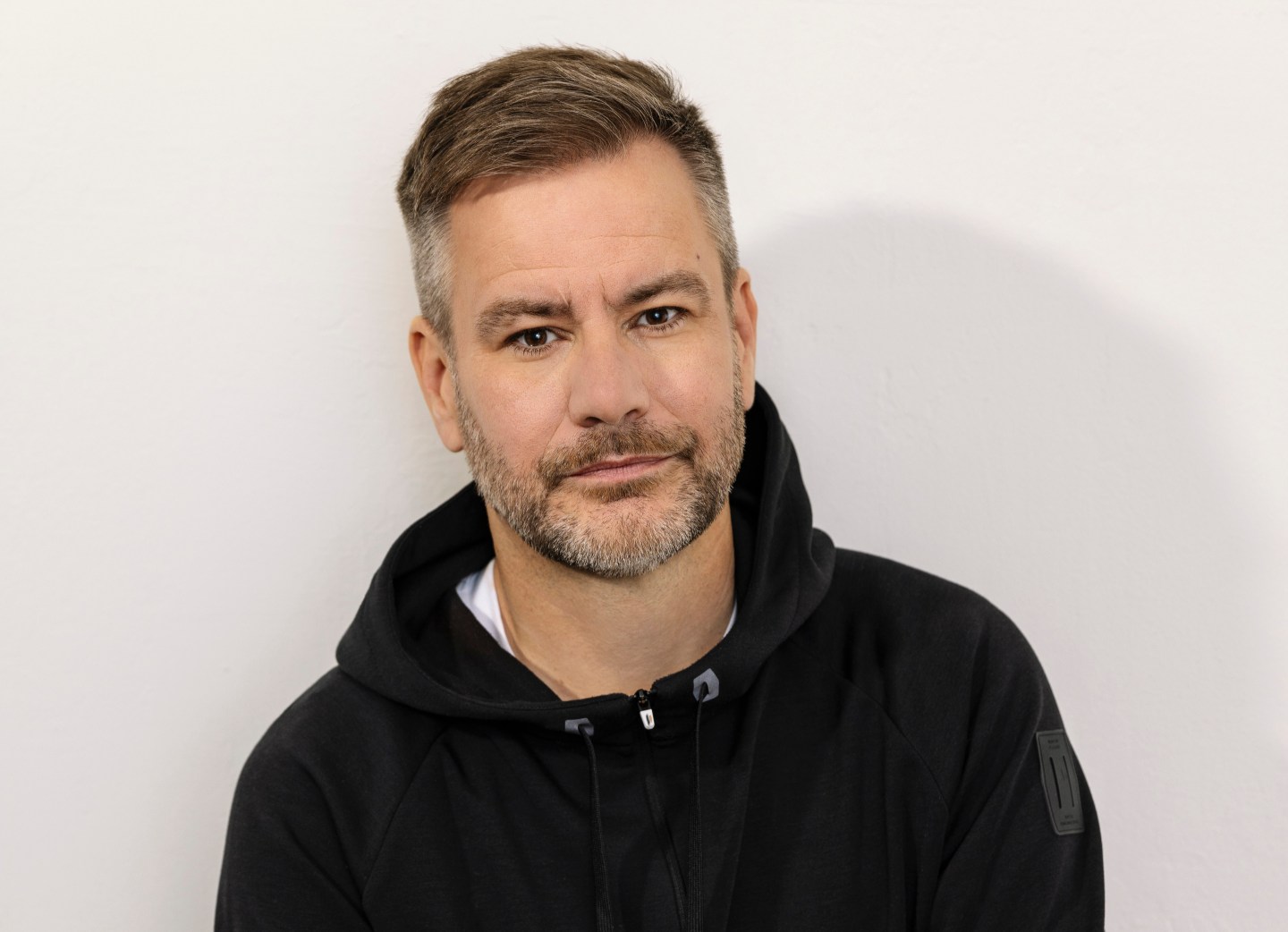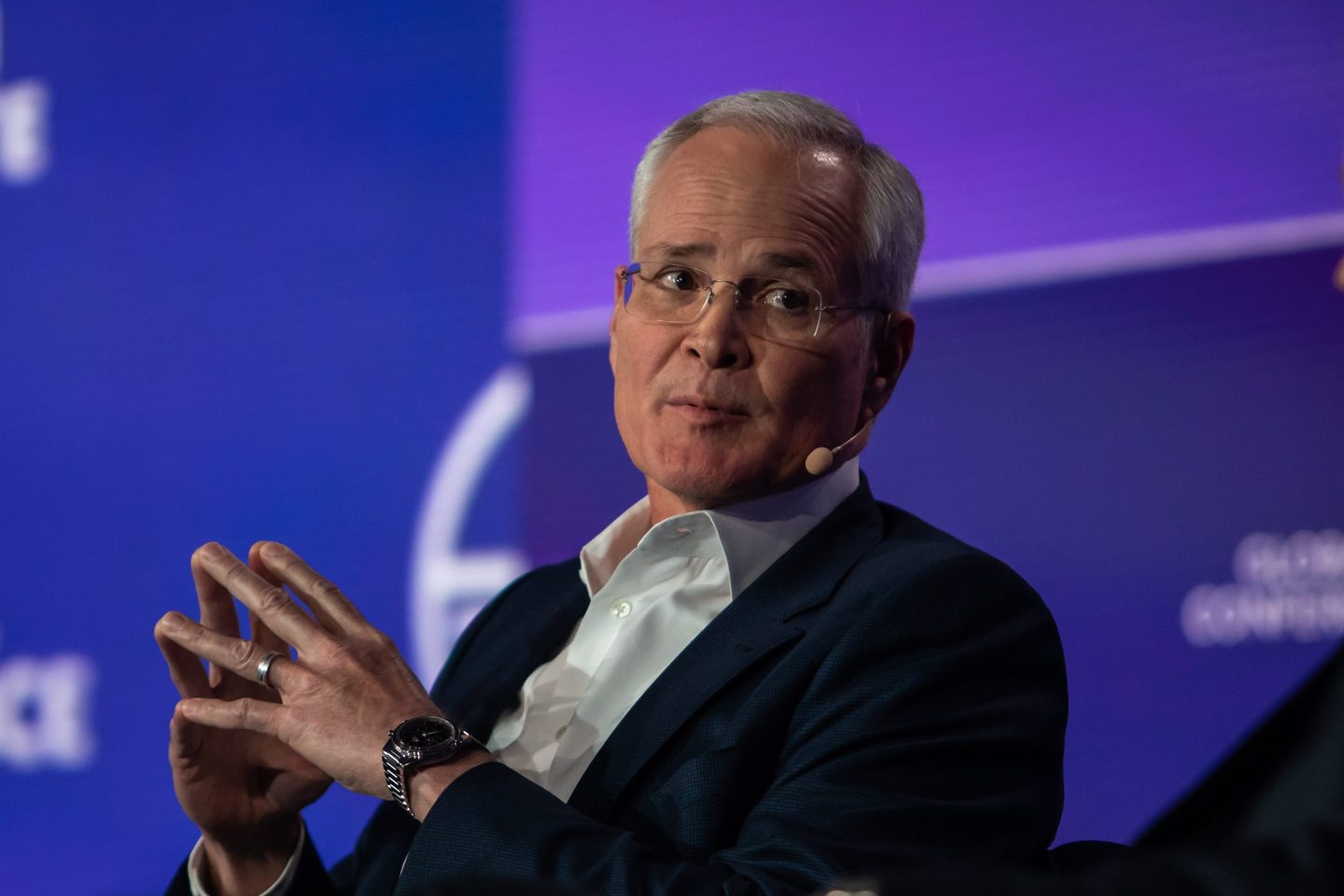A key investment theme for 2024 is a focus on longevity—attaining longer life spans—according to the economist who leads geopolitical investing at PwC.
Alexis Crow, author of Annual Outlook 2024 for the Observer Research Foundation, where she’s a visiting senior fellow, told me that the report, which considers economies around the world, predicts there will be greater spending on longevity—but that those investments will vary depending on where you look.
“In the U.S., I think we’re more advanced to the longevity trajectory, where biohacking has become a craze; that’s when individuals pursue their own DIY biology,” said Crow, who also focuses on long-term investing in her role at PwC. “This trend is, in turn, spurring growth in biotech, pharma, life science, venture capital, and the health and wellness space.”
The do-it-yourself biohacking trend can be something as small as taking anti-aging supplements or as large as, say, a wealthy entrepreneur who’s on the path to spend over $2 million in one year on a host of medical interventions and tests aimed to help keep him younger, as Fortune Well reported. Regarding venture capital, a probiotics company, Pendulum Therapeutics, is backed by investors such as Sequoia Capital, for example.
Biohacking is closely associated with the “consumerization of health care,” Crow said. Americans particularly have spent significant portions of money on alternative forms of medicine due to the high cost of health care. Crow’s report points to other recent research that estimates the complementary and alternative medicine market in the U.S. could be worth $411.4 billion by 2030.
‘Cautiously optimistic’
Crow also points to wealth management as a significant investing opportunity, and sees continued consolidation in the U.S. The high-interest-rate environment has put a lot of stress on alternative asset managers, making them “ripe targets” for consolidation, she said.
Regarding the economy overall, Crow appears upbeat. “For the first time in eight years of doing this outlook, I’m actually cautiously optimistic for the U.S. economy,” she said. The report notes that households and businesses have weathered the interest rates “markedly well, and are in relatively good shape, indicating that the elusive soft landing has been achieved.”
The Federal Reserve’s preferred inflation gauge showed that prices rose just 0.2% from November to December, according to Friday’s government report. The pace is broadly consistent with pre-pandemic levels and barely above the Fed’s 2% annual target.
Crow’s base case is a soft landing. However, geopolitics can upend that. For example, she noted how “if there’s any escalation in the Straits of Hormuz and in the Red Sea with regard to the Middle East conflict, you could have a significant ramp up in inflation from an increase in oil prices.” This could send West Texas Intermediate (WTI) crude oil prices north of $100 per barrel, Crow said. U.S. crude oil reached approximately $78.01 a barrel on Friday.
Sheryl Estrada
sheryl.estrada@fortune.com
Leaderboard
Jay Martin was promoted to CFO at Credit Acceptance Corporation (Nasdaq: CACC), effective January 23. Martin joined the company in 2003, most recently serving as SVP of finance and accounting. He will continue to lead the finance department together with Doug Busk, chief treasury officer.
Ryan Garner was named CFO at ECS, a provider of technology, science, and engineering solutions. Garner joins ECS from Navistar Defense, LLC, a designer and builder of tactical wheeled vehicles for government and Department of Defense customers, where he served as CFO. Before Navistar, Garner was the CFO for CACI International Inc’s National Security and Innovative Solutions sector.
Big deal
Transformation and functional improvement are the predominant themes for finance chiefs this year, according to Gartner's survey of 185 CFOs. Leading transformation efforts (79%), improving the strategy design and function of the finance team (78%), and improving finance metrics and storytelling (76%) are three of the top five critical priorities.
Going deeper
"Want to Be a Better Leader? Stop Thinking About Work After Hours," a report in Harvard Business Review, discusses new research that finds constant rumination results in managers being more depleted and less able to show up as leaders and employees will notice.
Overheard
“I would say to any young worker, explore the opportunities within your organization. The grass always seems greener outside.”
—Shaid Shah, global president of Mars Food & Nutrition, told Fortune in an interview. Since joining the $50 billion global food and pet care giant in 2007, Shah steadily climbed the ranks from sales director.
This is the web version of CFO Daily, a newsletter on the trends and individuals shaping corporate finance. Sign up for free.












